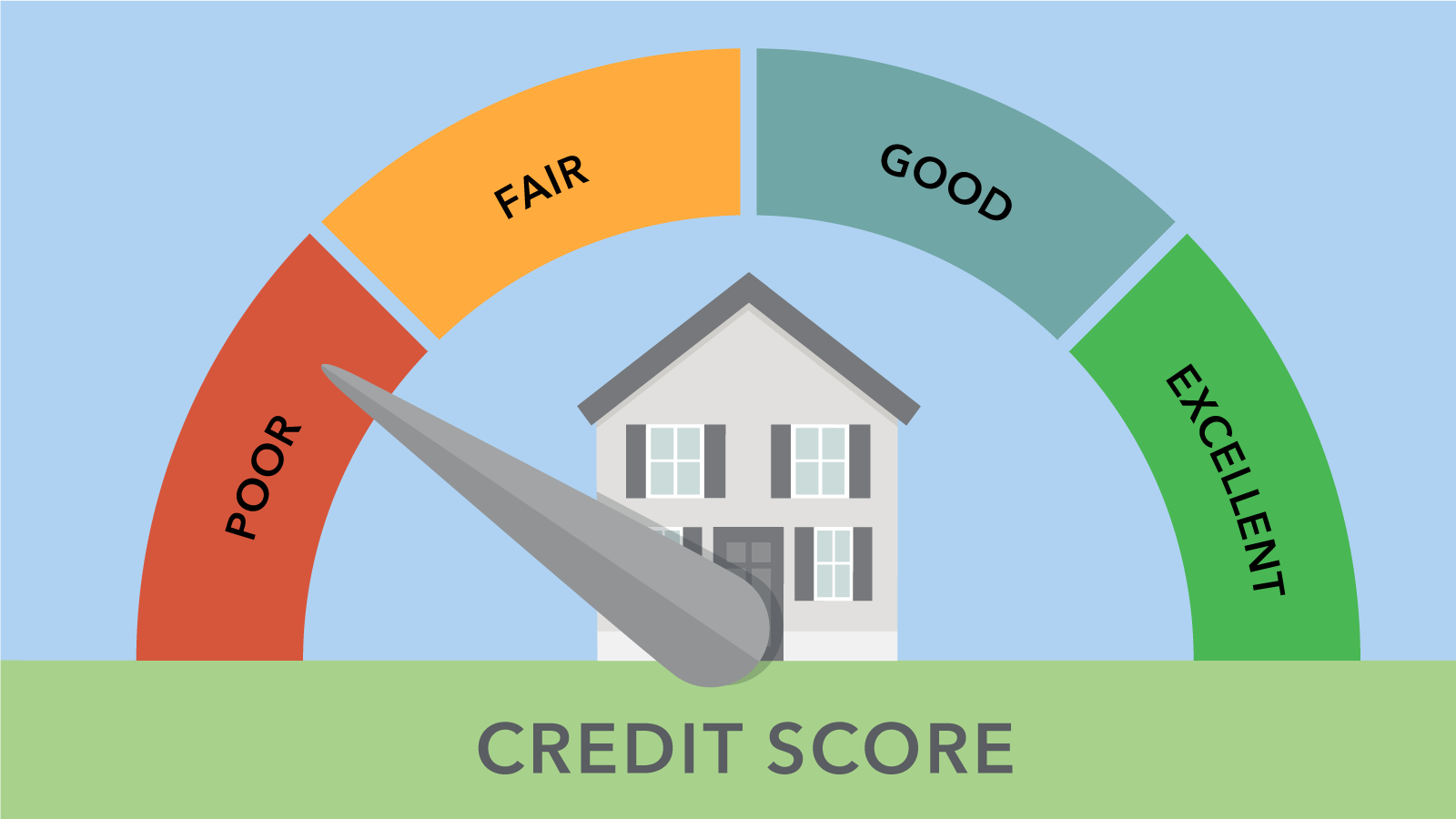Learning to play the piano is a fantastic way to enhance your cognitive abilities and overall well-being. Not only does it provide a creative outlet, but it also has significant benefits for your brain. In this article, we will explore the many advantages of learning to play the piano, from improving memory to reducing stress.
Enhanced Brain Function
Studies have shown that playing the piano can enhance brain function in a variety of ways. One study conducted by the University of Montreal found that playing an instrument, such as the piano, can increase cortical thickness in the brain. This thickness is associated with enhanced cognitive abilities such as memory, attention, and spatial reasoning.
Playing the piano also requires the use of both hemispheres of the brain, which can help to improve neural connections and overall brain function. When playing the piano, you are required to read music, coordinate your hands and fingers, and listen to the notes you are playing. All of these tasks require the use of multiple areas of the brain simultaneously, leading to improved cognitive abilities.
Improved Memory
Learning to play the piano can also have significant benefits for memory. Playing an instrument requires the player to memorize pieces of music, which can help to improve overall memory skills. This improvement can extend beyond music and into everyday life, as memory skills are essential for many tasks, such as remembering appointments or phone numbers.
Additionally, playing the piano can also help to prevent age-related memory decline. A study conducted by the University of Kansas found that older adults who played the piano had better cognitive abilities and memory than those who did not play an instrument.
Reduced Stress and Anxiety
Playing the piano can also have significant benefits for mental health. It has been shown to reduce stress and anxiety levels in both adults and children. One study conducted by the University of Miami found that playing the piano can lead to a significant reduction in cortisol levels, which are associated with stress.
Playing the piano can also provide a meditative-like state, which can help to reduce anxiety levels. The focus required to play the piano can help to distract the mind from negative thoughts and worries, leading to a reduction in overall stress and anxiety.
Improved Motor Skills
Playing the piano requires the use of fine motor skills, which can help to improve overall motor function. Practicing piano can help to improve finger dexterity, hand-eye coordination, and fine motor control. These skills can be beneficial in other areas of life, such as typing or playing sports.
Additionally, playing the piano can also help to improve overall posture and body awareness. Proper posture is essential when playing the piano, and practicing can help to develop these skills and carry over into other areas of life.
Increased Creativity
Playing the piano can also enhance creativity and self-expression. Music is a form of art, and playing an instrument allows for individual expression and interpretation. Learning to play the piano can help to develop creativity and encourage new ideas.
Playing the piano also requires improvisation skills, which can lead to the creation of unique pieces of music. This creativity can extend beyond music and into other areas of life, such as problem-solving and innovation.
Conclusion
In conclusion, learning to play the piano can have significant benefits for your brain and overall well-being. From enhancing brain function and memory to reducing stress and anxiety, playing the piano can be a valuable tool for self-improvement. Additionally, the skills learned while playing the piano can be beneficial in other areas of life, such as fine motor control and creativity. So why not pick up a piano and start learning today? Your brain and overall well-being will thank you.




